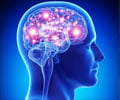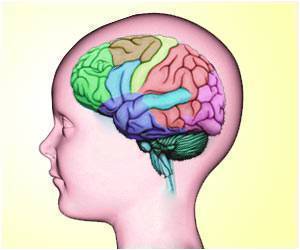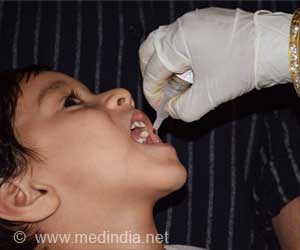
‘Epilepsy can be appropriately diagnosed and treated using videos recorded from home using smarphones. These videos hold more credibility than the caregiver's opinion.’
Tweet it Now
In the study involving 340 patients having mean age of 26.76 +7.5 years, doctors said parents were the most common caregivers (82%), followed by siblings (6.8%) and spouses (4.4%). The majority of the caregivers had only primary school education (36.2%), followed by significant proportions who were uneducated (28.8%). Only 22.3% had secondary school education and 12.6% were graduates or post-graduates. Manjari Tripathi, professor in the Department of Neurology at AIIMS said “We found that home videos were more helpful in identifying epilepsy type than description of medical history by the caregivers.” She added ” Even in AIIMS when patients come and there is an epileptic attack, they try to put a shoe, spoon or onion. They don't know about the right first-aid. We suggest that while first aid must be done but, if possible, caregivers should also record the physical changes or symptoms. This is because treatment of epilepsy is based only on clinical symptoms and not diagnostic findings alone.”
The findings of the study have been published in the latest issue of Epilepsy Research an international medical journal. Researchers have pointed out that caregiver's description of epileptic attack could be flawed due to factors such as anxiety, distress, alarm and confusion during the attack. While epilepsy has the symptoms of unprovoked seizures triggered by short lasting electrical discharges in the brain, doctors say the precise set of symptoms experienced by patients is important to classify the epilepsy into one of two types - focal or generalized epilepsy, for which treatments are different.
Experts say there are about 6- 10 million people with epilepsy in India and many of them don't receive appropriate treatment.
Source-Medindia















